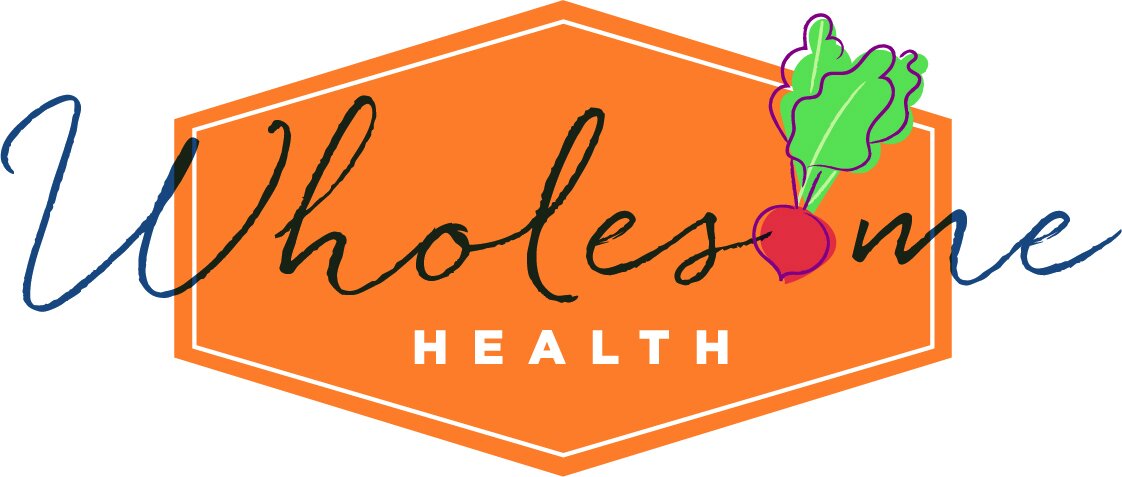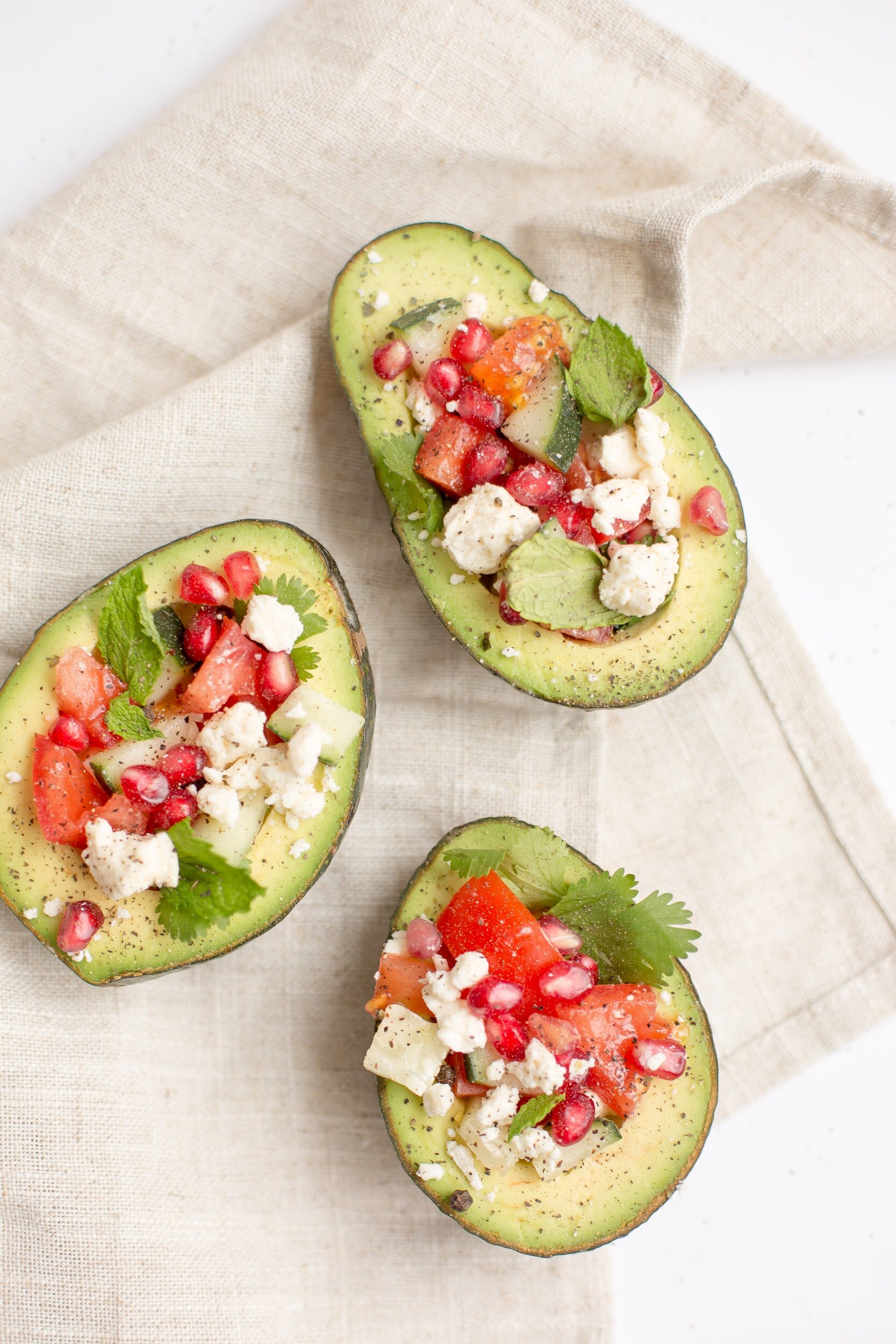Nutrition 101: Vitamins
Have you ever wondered what exactly vitamins do in the body? Or do you wonder which foods you can eat to make sure you are getting all the vitamins you need? Vitamins are one of six essential nutrients, meaning our bodies can’t make what we need on our own so we have to get them from food. If you haven’t already, be sure to check out my previous posts which focus on the other essential nutrients. Today, I’ll outline all of the vitamins, why they are important, and the best food sources for each.
Fat-soluble vitamins
Fat-soluble vitamins dissolve in fat and can be stored in the body. They are absorbed better if consumed with fat; for example, eating a salad with avocado or olive oil-based dressing will help you absorb more of the nutrients from the veggies than if you used fat-free salad dressing.
Vitamin A
Vitamin A keeps vision sharp and helps strengthen the immune system.
Sources: dark leafy green vegetables (kale, spinach, chard), orange fruits and vegetables (carrots, sweet potato, mango, cantaloupe), dairy produces (milk, yogurt, cheese), and organ meats (liver, kidney)
Vitamin D
Vitamin D helps the body absorb calcium to keep bones strong (this is why it is often added to milk and yogurt). It also helps with the immune system and muscle and nerve functioning. The sun is the best source of vitamin D, but it is also found in a few foods.
Sources: fatty fish (salmon, tuna, mackerel, trout), fortified milk and yogurt, beef liver, egg yolks, some mushrooms (portobello, shiitake)
Vitamin E
Another important vitamin that helps the immune system is vitamin E. It also acts as an antioxidant, a compound that fights free radicals produced in the body and may prevent certain cancers, diabetes, heart disease, and other illnesses.
Sources: almonds, sunflower seeds, peanuts, vegetable oils (wheat germ, sunflower, safflower)
Vitamin K
Vitamin K is important for bone health and helps with blood clotting.
Sources: green leafy vegetables (kale, spinach, broccoli), some fruits (blueberries)
Water-soluble vitamins
Water-soluble vitamins dissolve in water. They cannot be stored in the body, thus need to be eaten on a regular basis. Water-soluble vitamins include vitamin C and the B-complex group.
Vitamin C
Like vitamin E, vitamin C acts as an antioxidant in the body. It also improves iron absorption and helps with wound healing.
Sources: citrus fruits (oranges, grapefruit), strawberries, tomato, bell pepper
Vitamin B1 - thiamin
Thiamin helps with cell growth and function.
Sources: whole grains, fortified bread and cereal, pork, fish, beans, nuts, seeds
Vitamin B2 - riboflavin
Like thiamin, riboflavin is also important for cell growth and function.
Sources: leafy green vegetables (asparagus, broccoli, spinach), fortified grains, eggs, milk, organ meats
Vitamin B3 - niacin
Since niacin is also a B vitamin, it functions similarly to thiamin and riboflavin.
Sources: meat, poultry, fish, peanut butter
Vitamin B5 - pantothenic acid
Pantothenic acid helps break down the fats in food and turn them into energy.
Sources: Beef, seafood, eggs, milk, whole grains, some vegetables (mushrooms, avocado, potato, broccoli)
Vitamin B6 - pyridoxine
Pyridoxine plays a role in metabolism and is important for brain development in pregnancy and infancy.
Sources: poultry, fish, organ meats, potatoes, non-citrus fruits
Vitamin B7 - biotin
Biotin helps turn food into energy.
Sources: meat, fish, eggs, nuts, seeds
Vitamin B9 - folate
Folate helps with cell development. It is an essential vitamin in early pregnancy that can help prevent birth defects. Folic acid is a form of folate that is added to many foods.
Sources: beef liver, oranges, asparagus, Brussels sprouts, peanuts, kidney beans, enriched grains (bread, cereal, tortillas, rice, pasta)
Vitamin B12 - cobalamin
Vitamin B12 is found only in animal products, thus vegans often need to consume fortified foods or take a supplement. It is important for nerve cell function and DNA formation.
Sources: eggs, meat, poultry, fish, dairy foods, beef liver, clams, fortified cereal or nutritional yeast
As you can see, vitamins play a huge role in the everyday functions of the body. There are all kinds of supplements out there, but the best thing you can do to make sure you are getting a variety of nutrients is by eating a diet balanced in colorful fruits and veggies, lean proteins, healthy fats, unsweetened dairy products, whole grains, and high-fiber starches. The saying “eat the rainbow” can really pay off here as well!
Stay tuned for next week’s topic, another essential nutrient: minerals!



